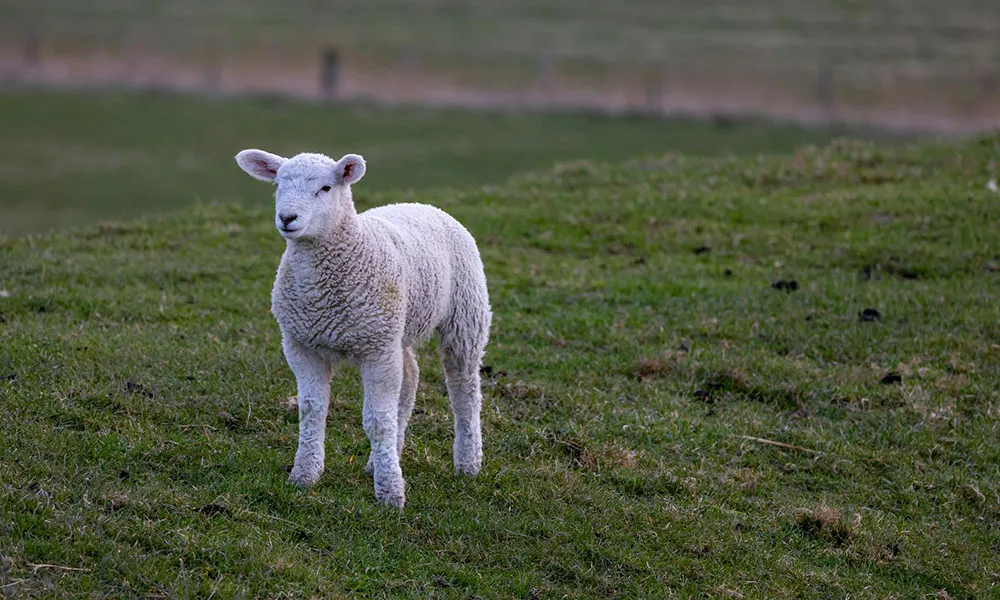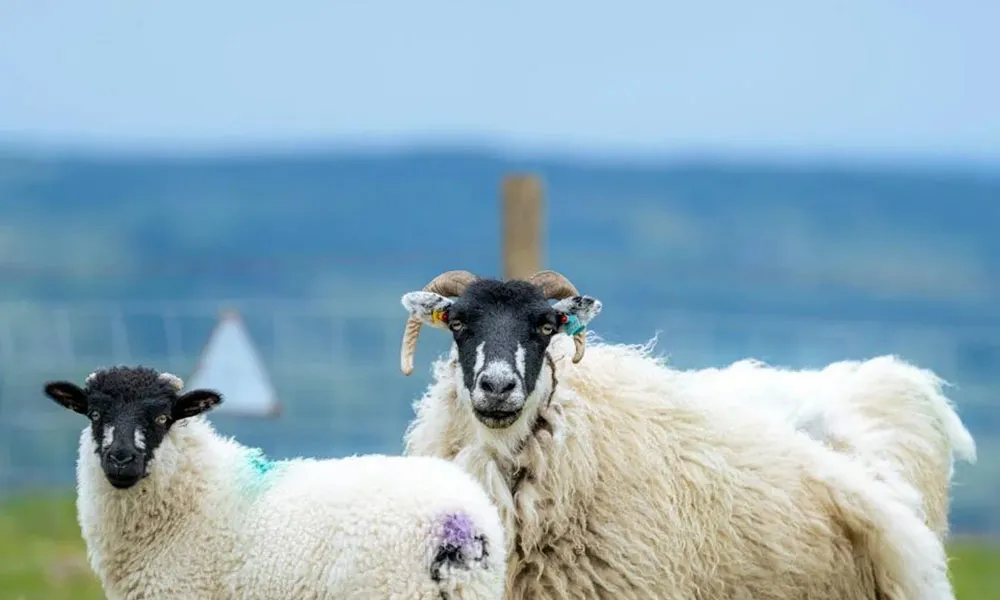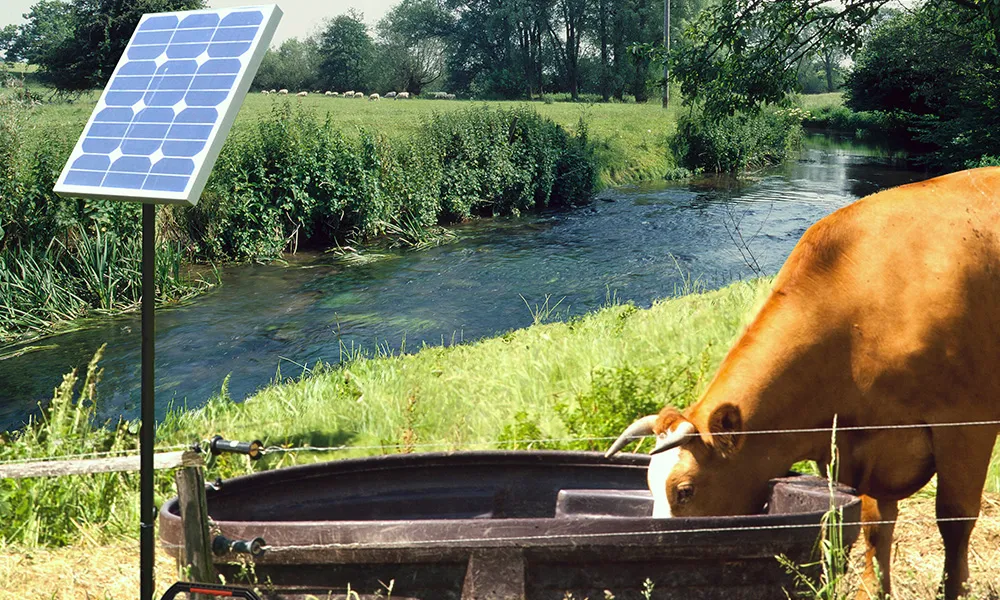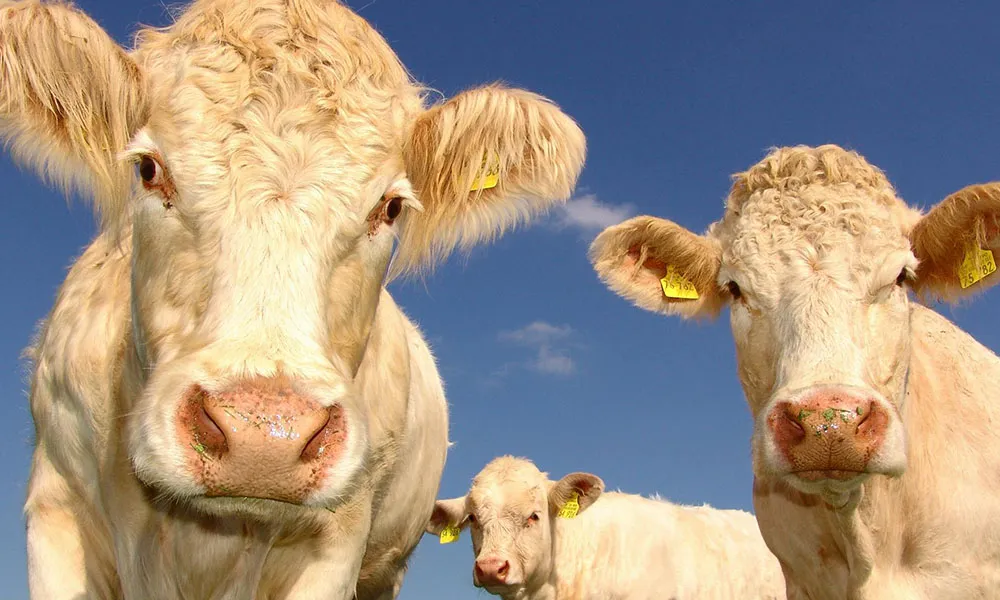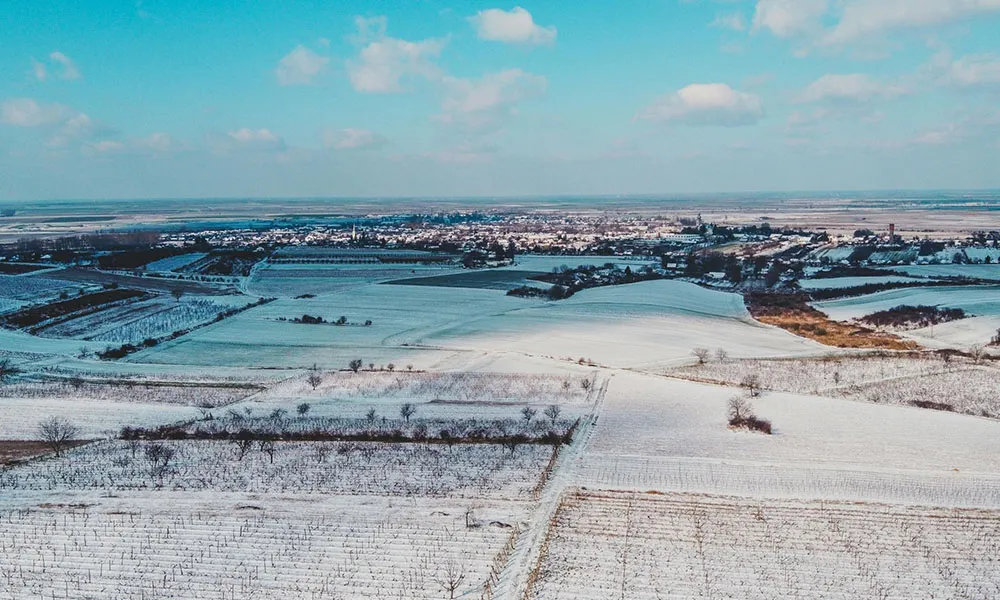
Farm Deaths
There has been a huge spike in farm related deaths over the last number of weeks. Many of them children who were helping parents on the farm. While some take issue with children helping on the farm, for many farms having children helping is essential because of self isolation or restrictions stopping some farm workers getting to work! For others, putting children to work is the only way to keep them occupied when stuck at home. I have no problem with children helping on the farm, as I personally believe it helps build character and work ethic. However, no matter the reason, safety must always be forefront for all the family on the farm!
Stop the messing on the farm
While many of us take safety as a top priority, the recent trend of videos being uploaded from farms around the country shows clearly that it is not for everyone. If you think the outrage at these videos is unfounded, it is not. Farming is already under the spotlight for being the least safe profession in the country. When the public sees the recklessness shown in these videos, it will only increase calls for tougher inspections on farm safety. As annoying as I would find such inspections on my own farm, it is hard to argue against such a move when there is such clear evidence of wrongdoing. These videos show clear signs of people believing that an accident will not happen to them.
Unfortunately, this is what everyone who ever lost their lives on a farm probably believed. We all know of someone who lost their life on a farm in a freak accident and people tut and say how horrible it is. Imagine someone in your family having to deal with people saying, “well in fairness he was acting the fool and videoing it, what did he expect?!” That is what will eventually happen to the people putting up these videos online! As a result, I feel it is an ideal time to share some advice on how to stay safe on the farm.
Keeping Farm Families Safe
Safety is a priority for all families, whether in the home, at school, or in the community. Farm families must ensure that accidents and injuries are avoided. Farmers and their families need to plan ahead, put a farm safety plan in place and take simple and inexpensive measures to avoid danger. Taking the time to ‘Stop and Think’ could mean the difference between life and death.
Educating the family on farm safety
Take the time to talk as a family about being safe on the farm. This is best done at a time of day when parents and children are not tired/distracted by homework or TV. After the evening meal is often the best time to discuss important issues. Explain the dangers of the farmyard to the children and tell them what could happen in certain places around the farmyard. Give them examples and discuss scenarios that might occur.
Setting Family Farm Rules
All families have rules - what is allowed and what is not allowed. The same should apply to the farm. Children should be clear on what they are allowed or not allowed to do. Always explain the reasoning behind the rules, as a child is much more likely to follow said rules if they understand why they were made.
Parent Responsibility
Parents can do a number of things to ensure the farm is safe for children. There should always be:
- A safe secure properly fenced play area for children. Garden areas where small children play should be fenced or have a wall built around them so that children can’t inadvertently climb over them and enter the farmyard unsupervised.
- Children should not be allowed to play in or around the farmyard or livestock. This is particularly important in regard to breeding stock or cows that have freshly calved.
- Keep track of where family members are. Consider keeping a whiteboard where families can write where they have gone.
- Family members on the farm should always carry a mobile phone.
- Set up some form of location tracking on the phones, such as location tracking through Google Maps.
- Make sure all family members know what to do in the event of an emergency.
- Fully stocked first aid kits should be kept in the farmhouse and farmyard.
- A list of emergency contacts should be in the farmhouse and in farm outbuildings.
- No child under 14 should be allowed on tractors or farm machinery. They should not be allowed to drive or operate tractors or any mechanically propelled machines such as jeeps, teleporters or ATVs.
- Children over 14 years of age are only allowed to drive a tractor if they have attended a formal training course, are tall enough, can capably manage the controls and are supervised by a competent adult at all times. Please refer to the Health and Safety Authority website for more information on child tractor safety.
Appropriate Signage
Signs highlighting dangers should be erected in the farmyard, for example, danger signs around animals, slurry tanks and chemical disinfection points. Chemicals Chemicals should always be kept in a secure chemical store such as the JFC Chemical Storage unit. The storage unit should be locked and the appropriate signage should be displayed on it. In the event of a chemical accident on the farm contact the emergency services immediately. It is very important to identify the product. The National Public Poisons line can be contacted on 00353 1 809 2166. This is a service aimed at parents and those caring for young children, and it is available between 8 am and 10 pm every day. Handwashing after all farm activities should be a priority, and this is particularly important in the case of young children.
Tank and Equipment Safety
All slurry tanks and lagoons should be securely fenced and tank covers secured to prevent children from accessing them or accidentally falling in. Appropriate warning signs highlighting the danger of slurry should be erected. Children should never be present near the tanks or when slurry is being agitated or removed for spreading. Slurry gases cause gas poisoning and can kill.
Machinery Dangers
All machinery should be locked and securely stored. Keys should be kept in a secure cupboard and out of access to children. All machinery, heavy equipment and stacked or shelved materials should be secured to prevent them from falling and causing injury. Make sure all guards are in place to prevent access to dangerous parts of machines. Tractor Powered Takeoffs (PTO) are extremely dangerous if not properly guarded, and many PTOs now come with the guard in place. Broken or damaged PTO guards are as dangerous as an unguarded shaft. It is important to inspect PTOs regularly and replace the shaft guard if necessary.




